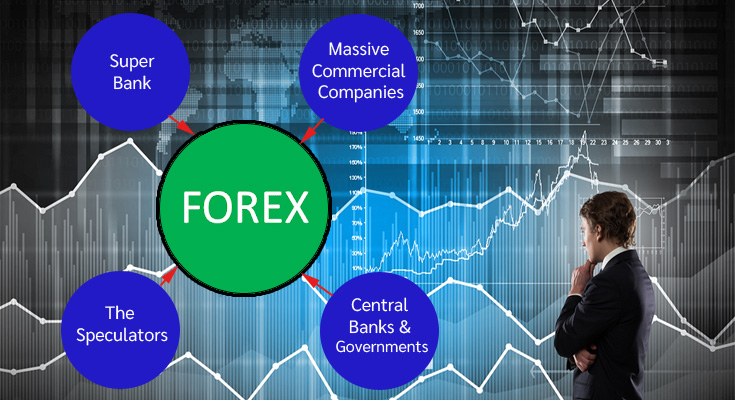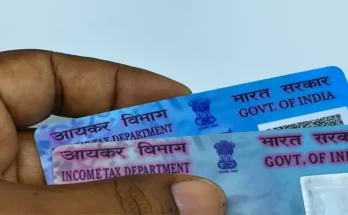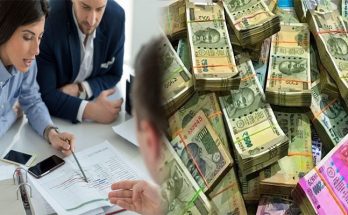The Forex market is structured according to the different participants in it. If you have an idea of top to bottom hierarchy of it, you may already know that different major banks have crowded the top part of the pyramid while at the bottom of the pyramid are retail traders. Once you understand this pyramid and know each tiers approach to the trading market, Forex will be clearer to you. You may feel the urge to delve a little deeper to look into who actually participates in the market.
Key Market Players
It necessary for a person to perceive the nature of the spot FX market and the characteristics of the main market players. Until the end of 1990, only players with power could participate in the game of Forex. The initial requisite to participate in the market was that one had to trade only when he could afford a minimum of ten to a hundred million dollars in primary capital.
The picture has changed totally. Forex was intended to be deployed only by bankers and other massive institutions, and absolutely not by the little folks who are now called retail traders.
However, due to the acceleration of the internet, virtual Forex brokers are highly available nowadays to provide different accounts to those small little folks called retail traders.
Let’s learnabout the different market players in Forex.
1. Super Banks
You must have already known that the Forex market, especially the variation of it called the spot market is decentralized and it is the biggest and widest banks in the world that decides the exchange rates for currencies. Those who have CFD trading experience, must have seen the extreme change in the rate in currency pair’s exchange rate. If not, you can check here and see the dynamic price movement of the currency pairs. These price quotes are sent directly from the brokers and traders take advantage of the volatility in trading.
Based on the demand/supply for currencies, they are typically the factors that make the spread of the bid/ask that traders love or hate. All the large banks are collectively termed as the interbank market, and handle a tremendous number of Forex transactions every day for both themselves and their customers. They are also familiar with the flow monsters. For all the flow monsters, the game lies in the name of the volume and captures their part in a currencies’ flow.
A couple of examples of flow monsters are UBS, CPI, JPMorgan, Deutsche Bank, Barclays, HSBC, Goldman Sachs, and the Bank of America.
2. Massive Commercial Companies
Companies and firms take part in the currency exchange market to do business and extend their scope. For example, Apple has to exchange its USD with JPY while purchasing different electronic parts and elements from Japan to make their products.
As the volume of these companies trades is comparatively smaller than those in the various interbank markets, this market player normally handles commercial banks for their all types of transactions.
M&A or the Mergers and Acquisitions between all large companies and firms can create price fluctuations in currency exchange. In M&As of international cross-border, a plethora of conversations take place which can move prices around.
3. Central Banks and Governments
These two entities are typically related to the currency exchange platform. Some of the great examples of central will be the Bank of England, The Federal Reserve and the European Central Bank.
Just like massive companies, governments of different countries take part in the currency business for their different operations, various international trade-payments, and to deal with their currency exchange reserves. Meanwhile, what central banks do is affect the market when they customize interest rates to control inflation.
4. The Speculators
Speculation of currencies is the act of holding and buying foreign currency in the expectation of selling the currency at a higher rate.
This is quite the opposite of those who purchase currencies to finance an investment or to retaliate for imported services and products. Speculations involve the selling and purchasing of currencies with a view to making a profit.





